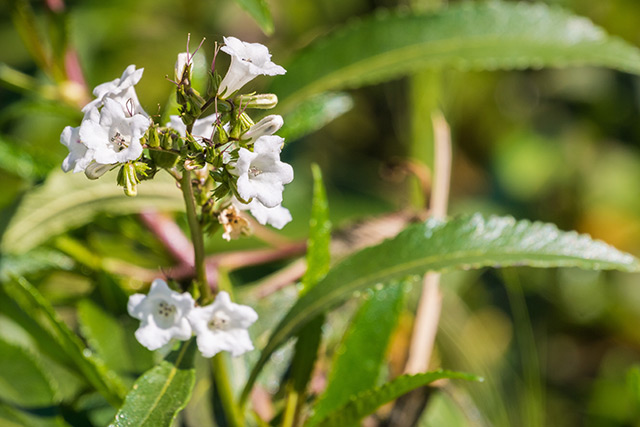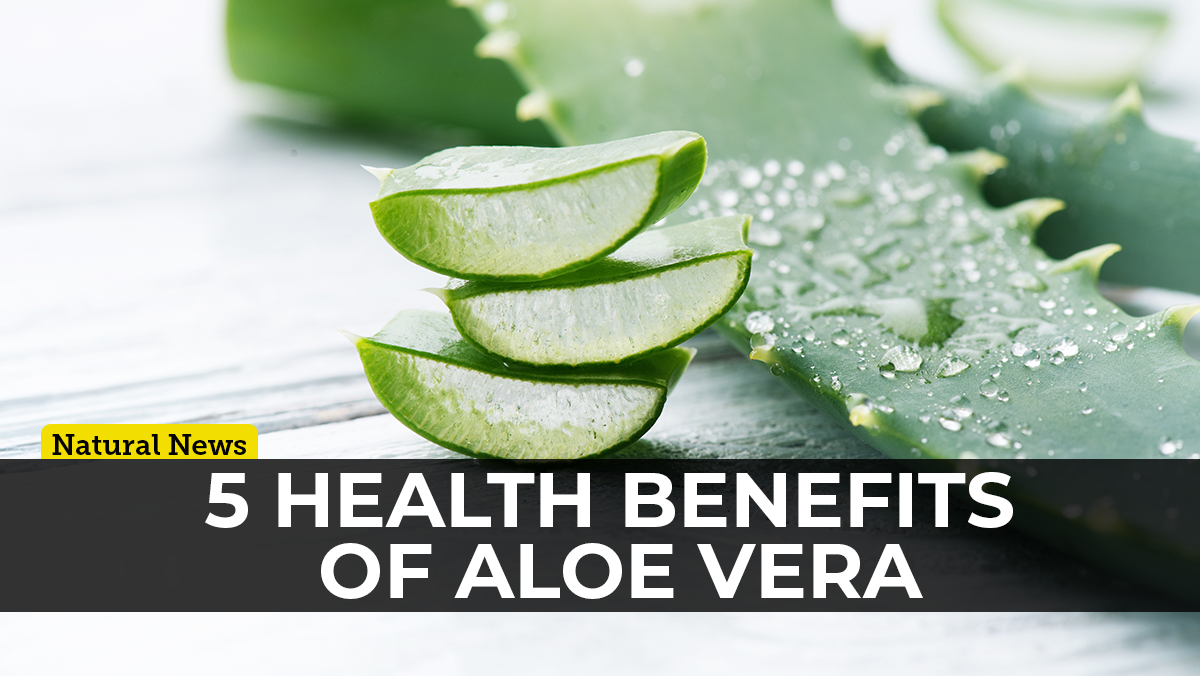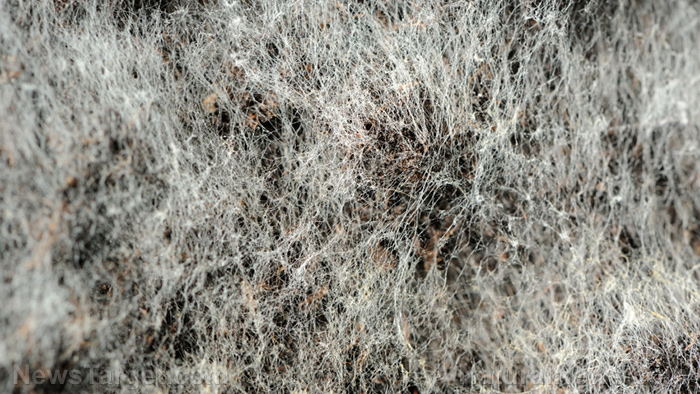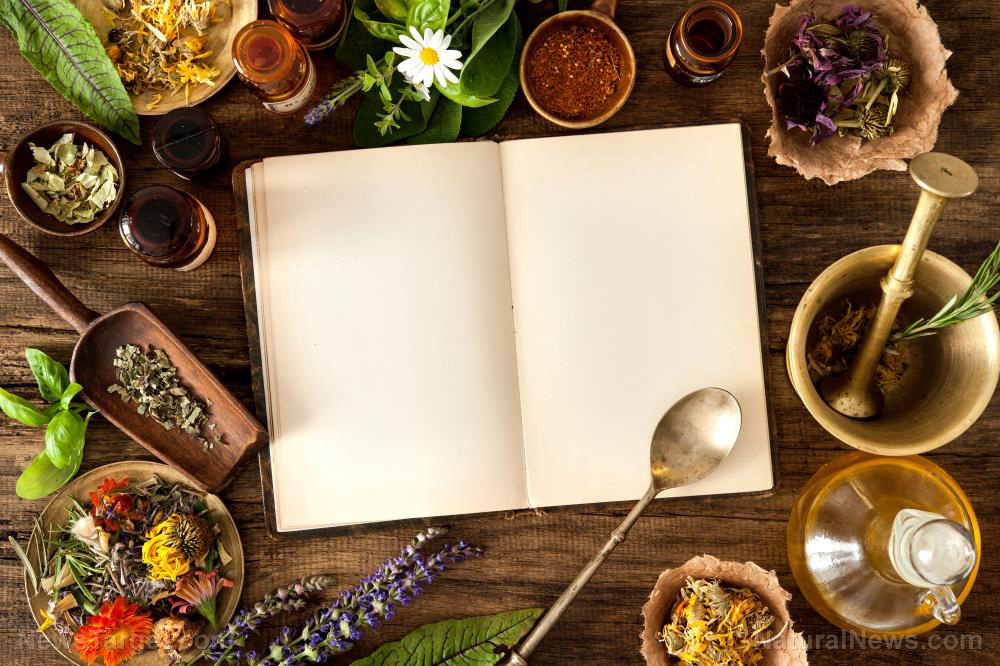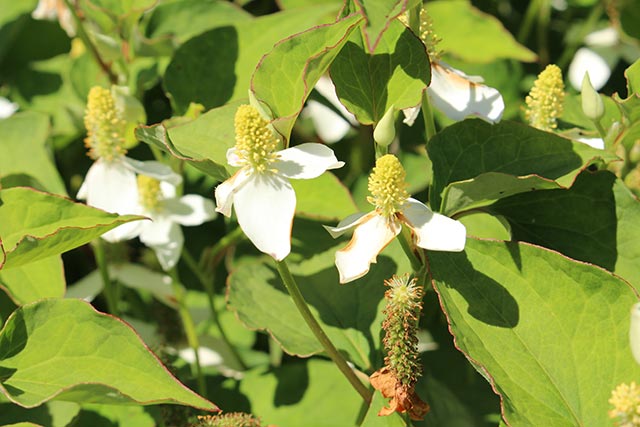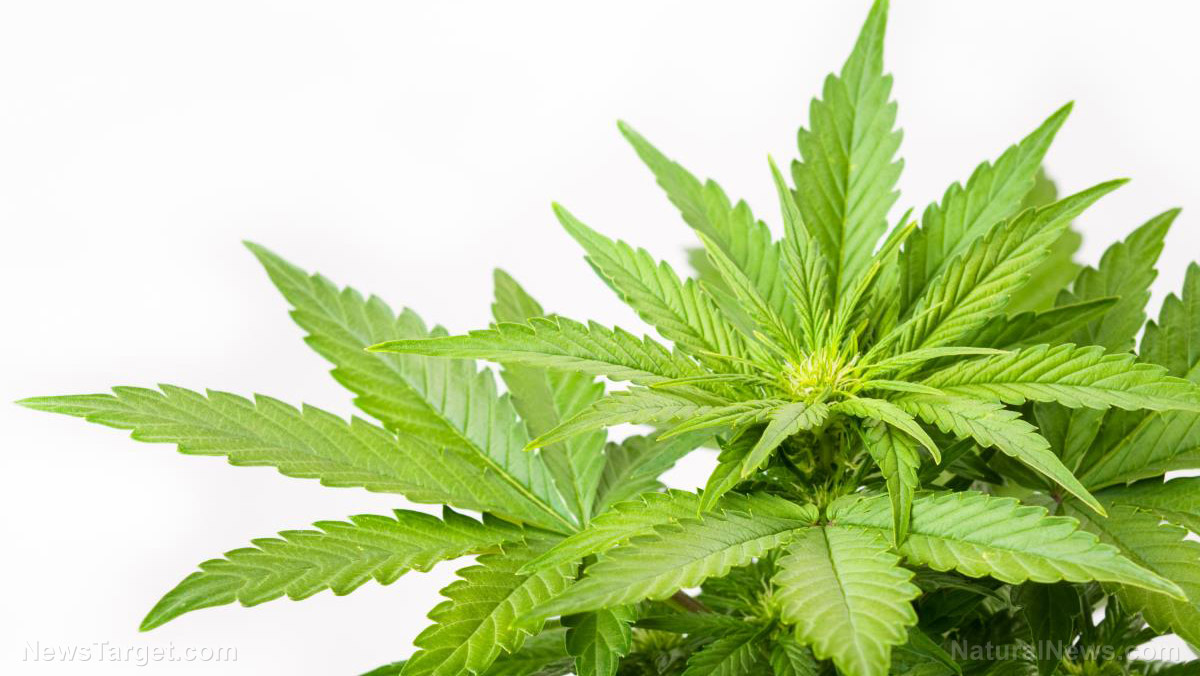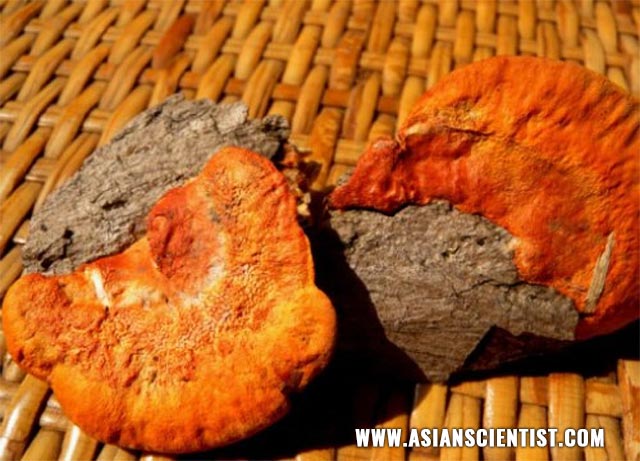Using certain spices on raw chicken meat can reduce or prevent microbial growth
09/18/2019 / By Evangelyn Rodriguez
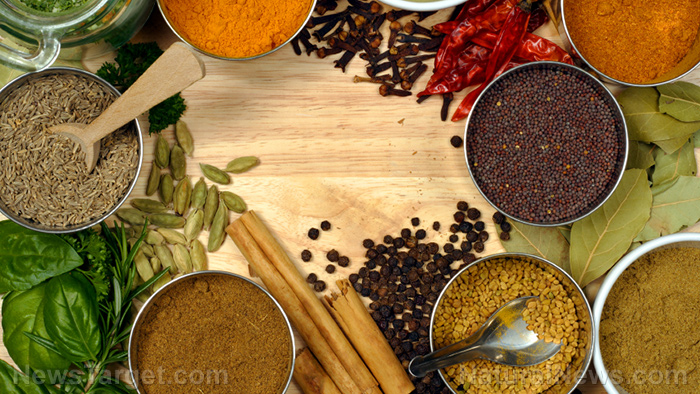
Many environmental factors cause or accelerate the spoilage of food, but among them, microbial growth remains the primary focus of many studies. Microorganisms like bacteria can cause sickness and food poisoning when ingested, and while artificial preservatives can delay their growth, these chemicals can also cause harm to human health. In a recent study published in the journal Food Science and Human Wellness, researchers from Henan University of Science and Technology in China reported that two common spices can be used to preserve raw chicken meat. They found that extracts from cloves and rosemary not only prevent microbial growth, they also possess high antioxidant activity, making them wonderful natural food preservatives.
The antimicrobial and antioxidant activities of cloves and rosemary
Cloves are a staple in Indian cuisine. They are the buds of the clove tree that are known not only for their sweet, aromatic flavor, but also for their medicinal properties. Cloves have potent antimicrobials and antioxidants. They contain many bioactive components which promote bone and liver health, regulate blood sugar, and reduce gastric ulcers.
Rosemary is a fragrant Mediterranean herb that belongs to the mint family. Its leaves are often used to add flavor to meats, such as chicken and lamb meat, or dried to make herbal teas. Like cloves, rosemary also offers various medicinal benefits. Traditionally, rosemary has been used to relieve muscle pain, boost immunity, enhance blood circulation, improve memory, and promote hair growth.
In their study, the researchers decided to investigate and compare the antimicrobial and antioxidant properties of cloves and rosemary, both alone and combined. They tested extracts obtained from both spices on raw chicken meat under storage conditions (4 C) for 15 days. In terms of antioxidant activity, clove extracts showed a higher radical scavenging activity than rosemary extracts. They also had a higher flavonoid and phenolic content than rosemary. However, rosemary extracts were more effective at chelating metal ions than cloves.

|
Discover how to prevent and reverse heart disease (and other cardio related events) with this free ebook: Written by popular Natural News writer Vicki Batt, this book includes everything you need to know about preventing heart disease, reversing hypertension, and nurturing your cardiac health without medication. Learn More. |
To evaluate the antimicrobial potential of both spices, the researchers tested rosemary and cloves extracts on several meat pathogens and spoilage-causing bacteria. They took note of microbial counts every three days for a period of 15 days. The researchers reported that treatment with the combined extracts of cloves and rosemary resulted in lower bacterial counts than treatment with the control butylated hydroxytoluene (BHT), an artificial food preservative. They also obtained the same results after analyzing the treated raw chicken breasts they put in storage for 15 days.
In terms of color and sensory evaluation, spice-treated raw chicken meat received high sensory scores from a panel of seven judges who were experienced in chicken meat evaluation.
Based on these results, the researchers concluded that cloves and rosemary extracts are highly effective against microbial growth and lipid oxidation — the primary cause of rancidity in food. As such, these spices can be used as natural preservatives for raw chicken meat. (Related: Food preservatives and chemical additives found to promote obesity… is this why America is so overweight?)
Herbs and spices that can be used as food preservatives
Besides rosemary and cloves, several other plants used to flavor food have exhibited strong activities against bacterial growth and fat oxidation in many studies. These activities are thanks to the compounds present in their extracts or essential oils, such as flavonoids, terpenes, and phenolic compounds. Some examples of well-known herbs and spices with food-preserving potential include:
- Cinnamon
- Oregano
- Thyme
- Sage
- Fenugreek
- Fennel
- Cumin
- Garlic
- Ginger
While some herbs and spices like anise, nutmeg, marjoram, and allspice show minimal to no antimicrobial or antioxidant activities, combining them with the potent ones listed above yields positive results in terms of food preservation.
Sources include:
Tagged Under: Antimicrobial, antioxdiants, clean food, Cloves, flavonoids, food bacteria, food flavoring, Food Preservation, food science, food spoilage, Food storage, functional food, herbal medicine, Herbs, meat pathogens, natural food preservatives, natural remedies, prevention, rancidity, research, Rosemary, Spices
RECENT NEWS & ARTICLES
Herbs.News is a fact-based public education website published by Herbs News Features, LLC.
All content copyright © 2018 by Herbs News Features, LLC.
Contact Us with Tips or Corrections
All trademarks, registered trademarks and servicemarks mentioned on this site are the property of their respective owners.



